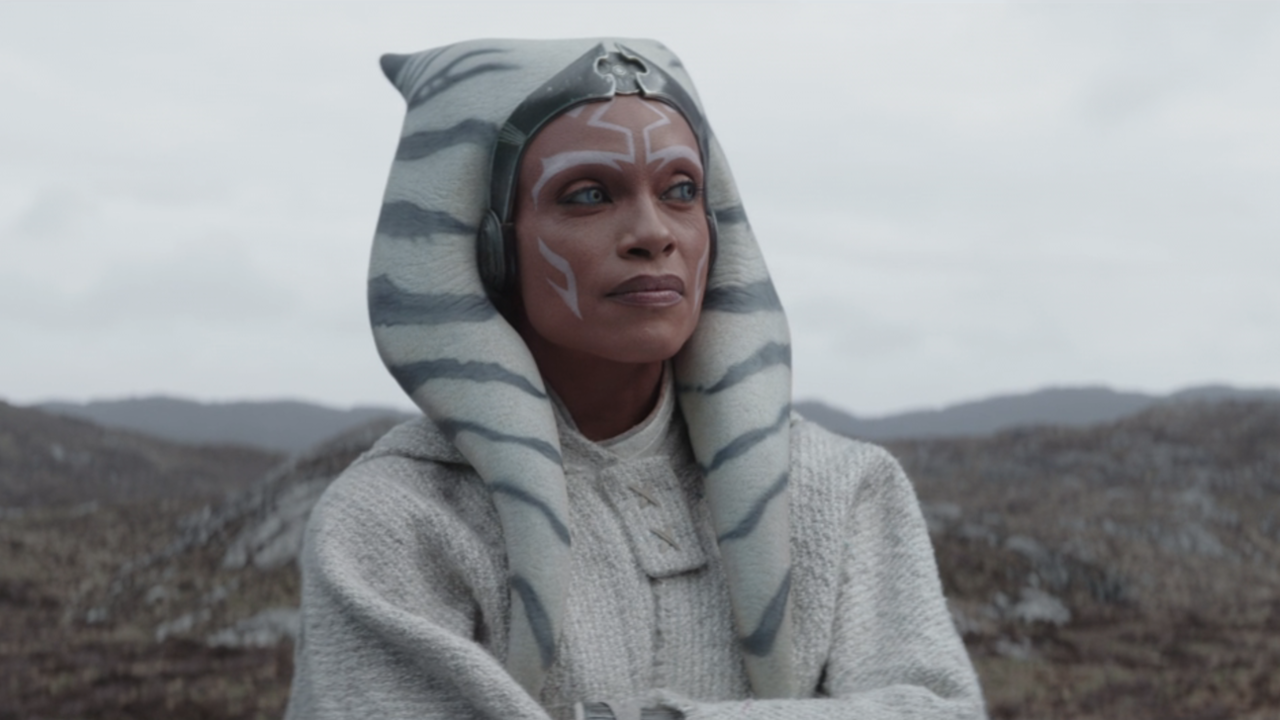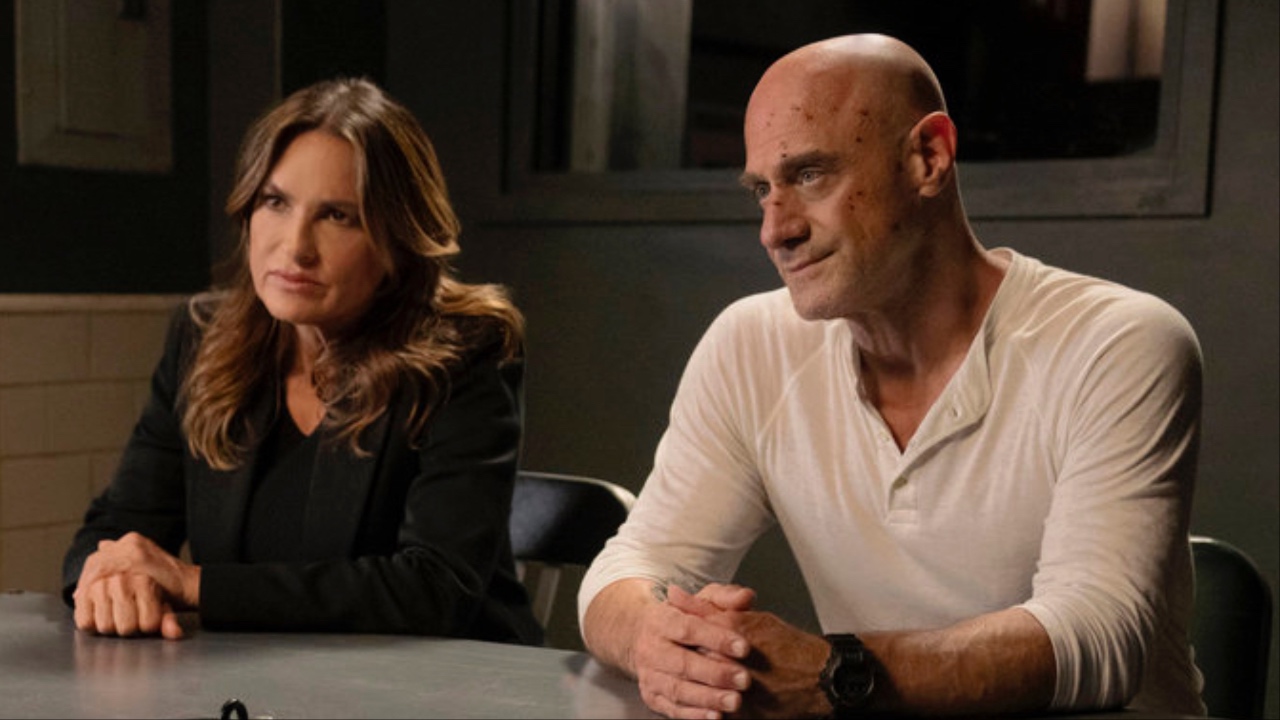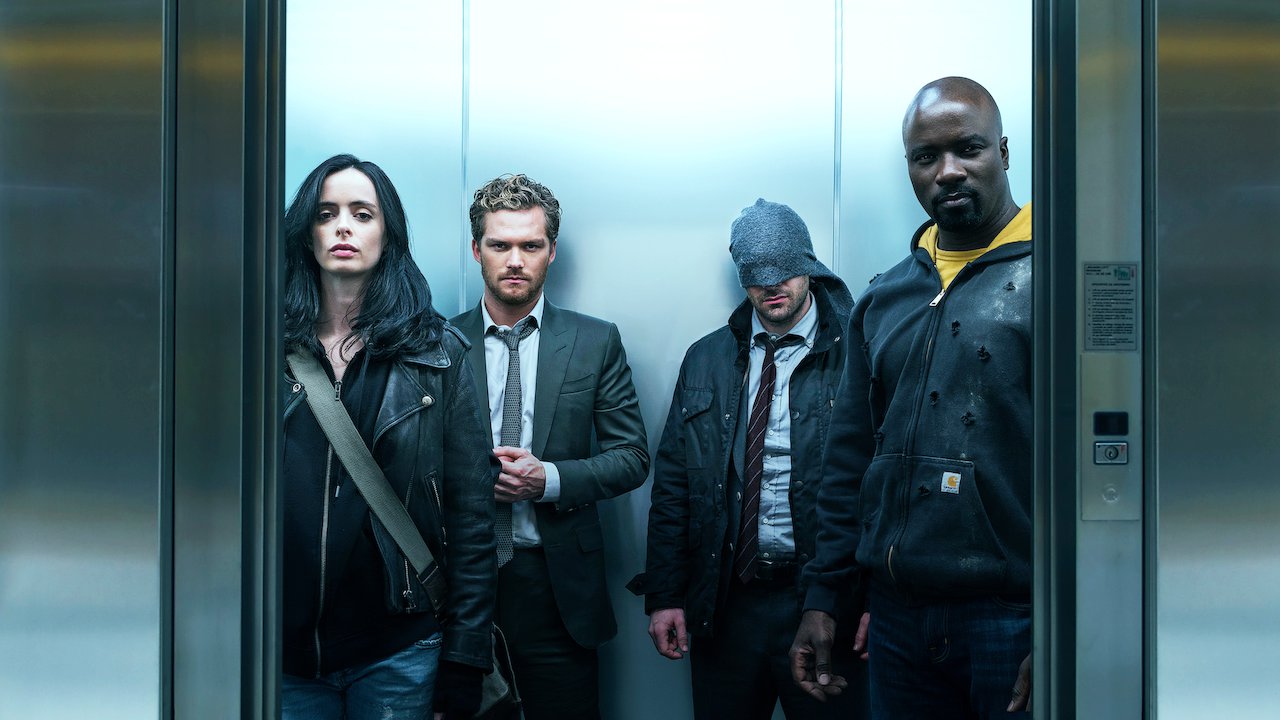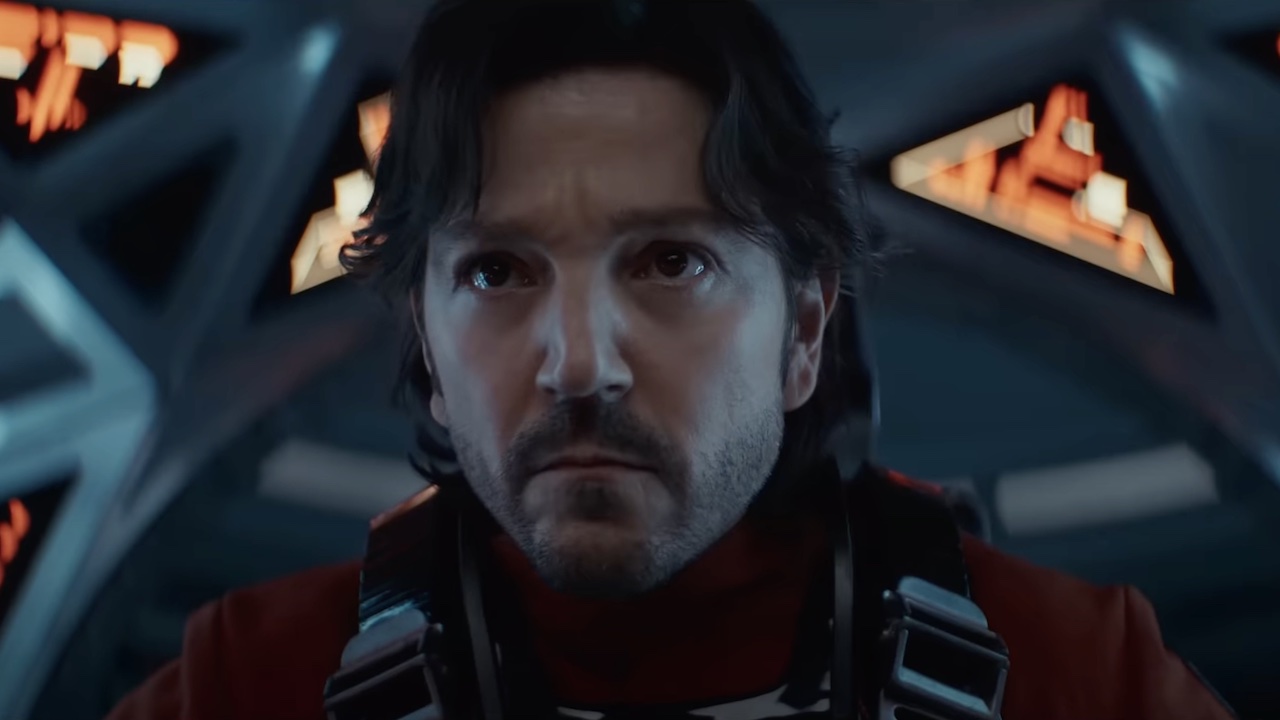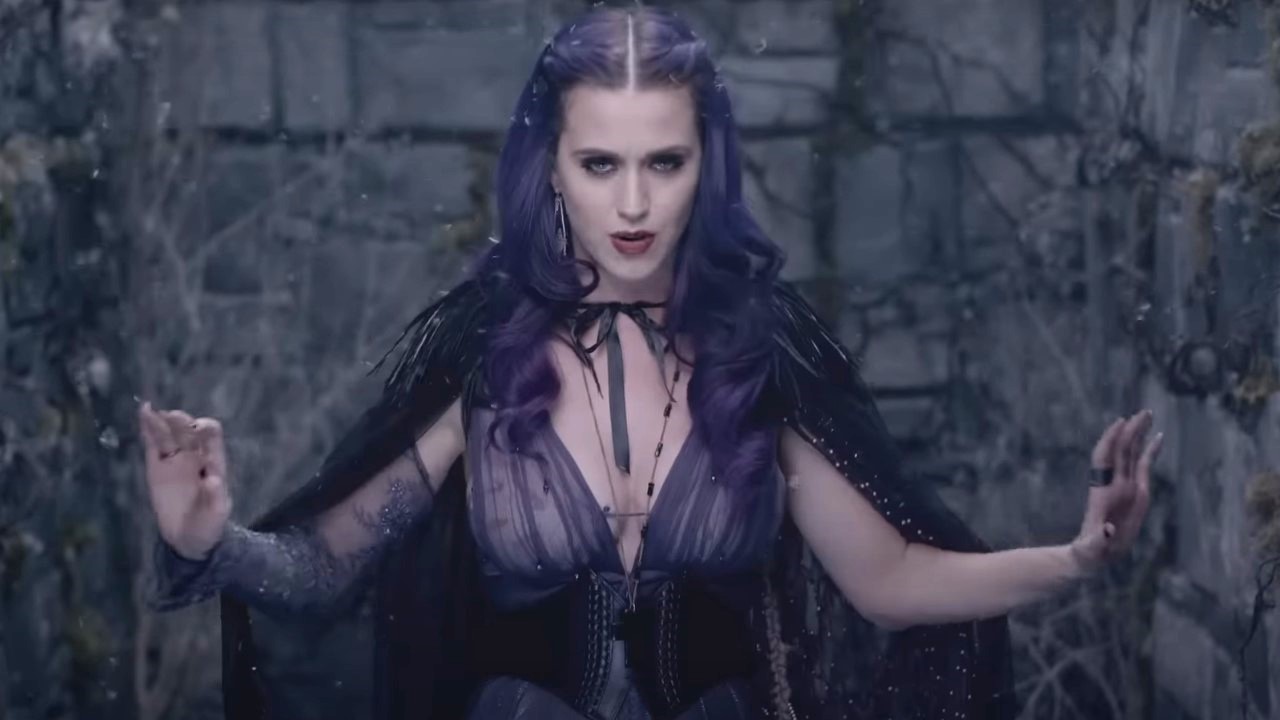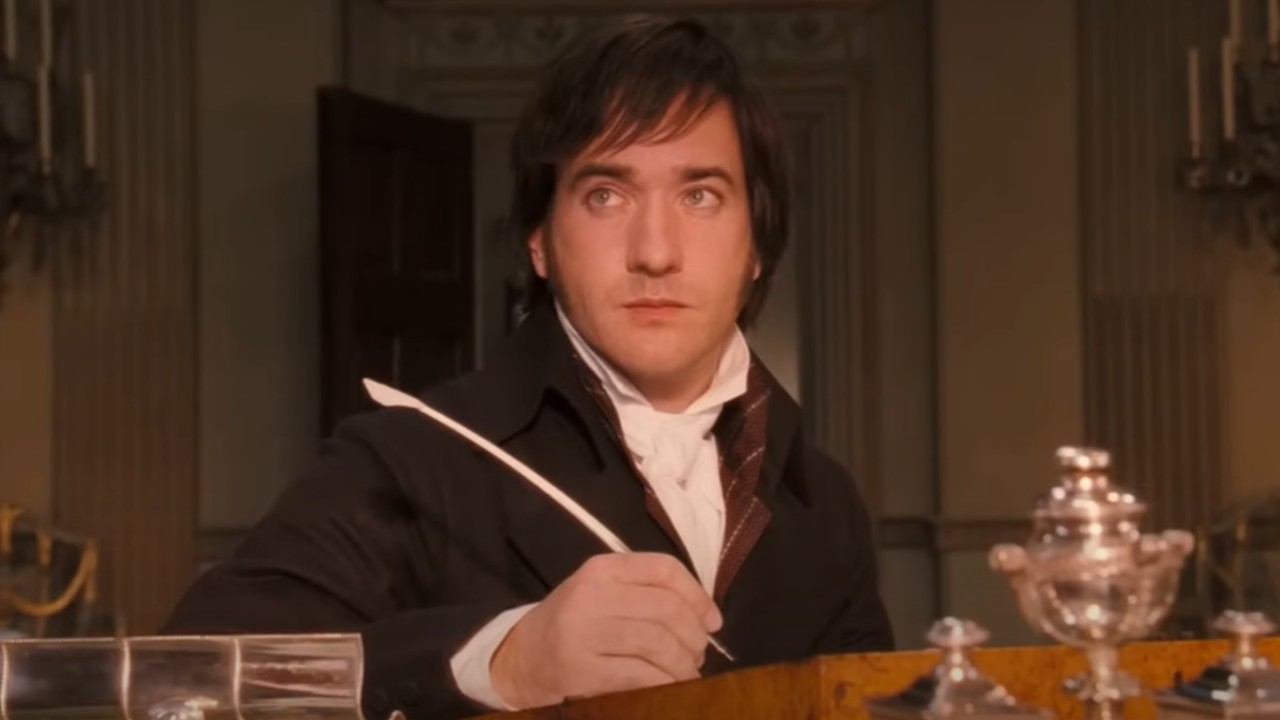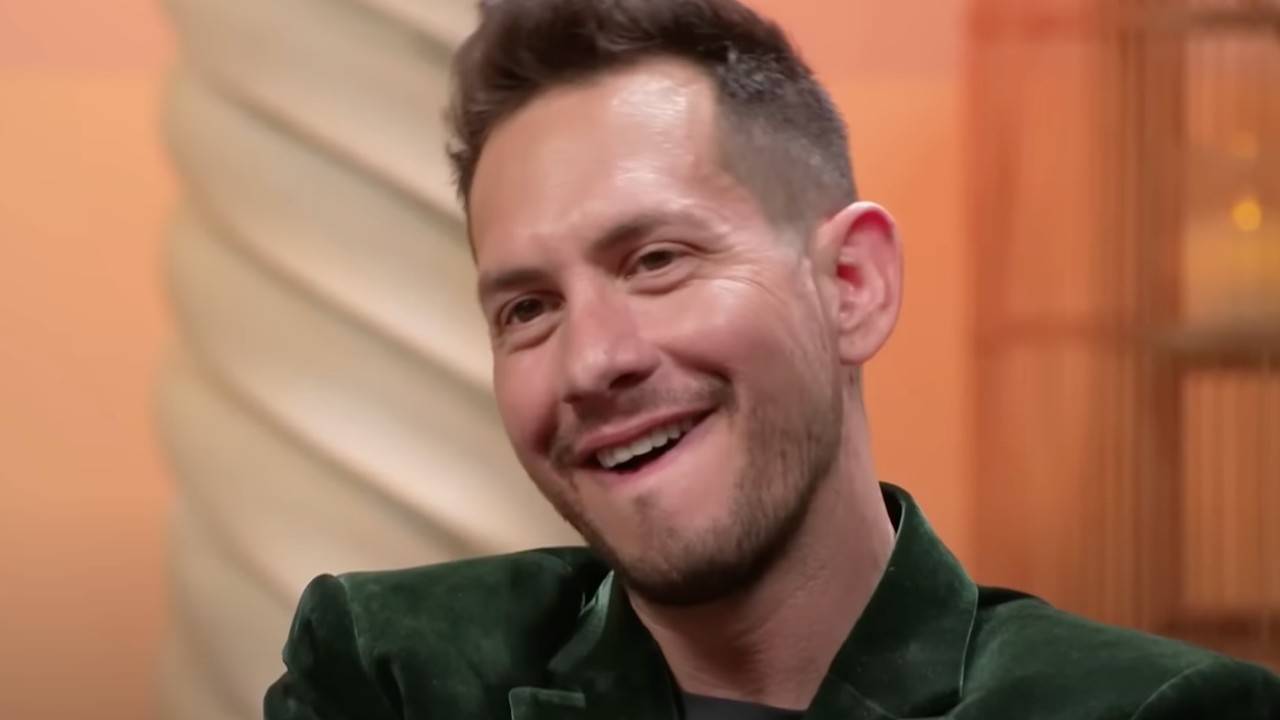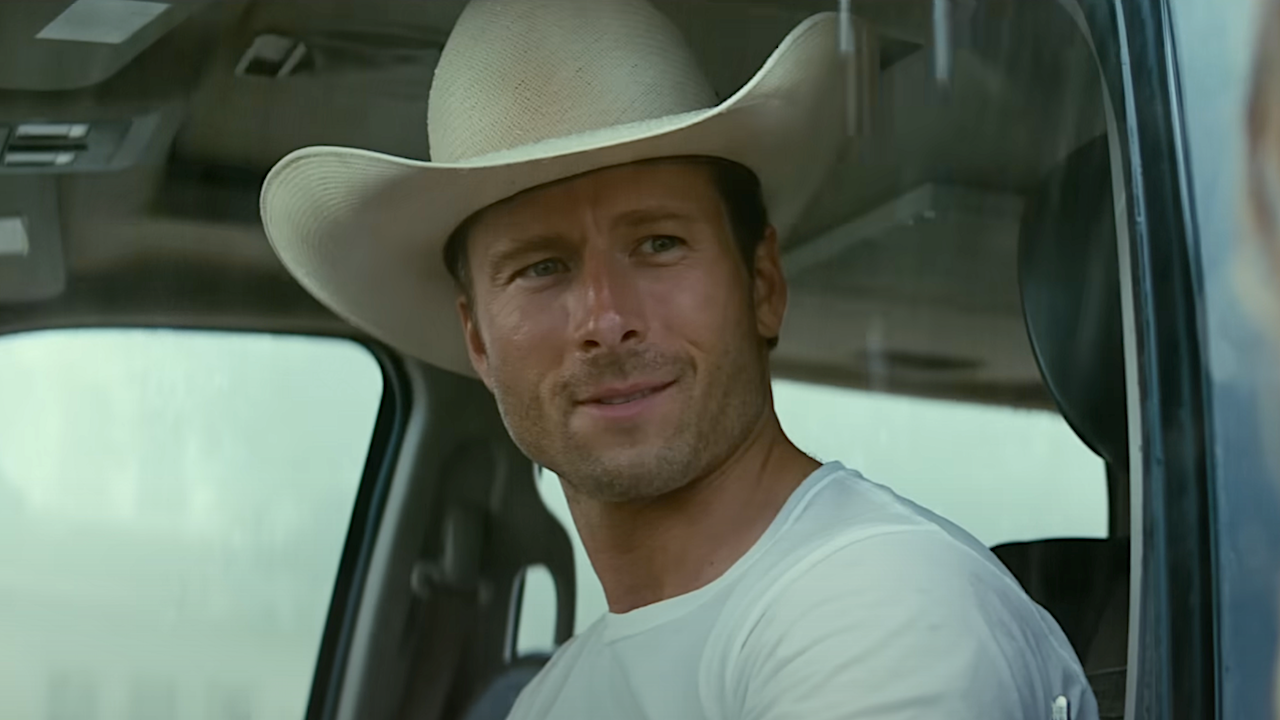Why Selma's Ava DuVernay Almost Directed Marvel's Black Panther
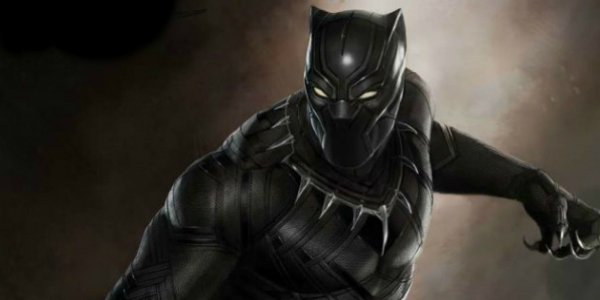
Marvel’s Black Panther is still looking for a dynamite director to steer the ship, and that person was almost Ava DuVernay. The acclaimed filmmaker was snubbed for a number of awards, but Selma is still talked about as an important piece of cinema. Though she ultimately passed on Black Panther as her next project, she said the potential to continue this cultural conversation in a new way was appealing and almost led to her taking the job.
DuVernay recently spoke to The Hollywood Reporter about her decision to almost join the Marvel family through Black Panther. She said:
At one point, the answer was yes because I thought there was value in putting that kind of imagery into the culture in a worldwide, huge way, in a certain way: excitement, action, fun, all those things, and yet still be focused on a black man as a hero — that would be pretty revolutionary.
DuVernay went on to describe how widely distributed the Marvel films are all over the world, which is a reach she has never achieved before. However, she said talks eventually dissolved because "everyone’s interested in different things."
There were a couple of factors hindering an immediate yes. For one, directing a Marvel movie is no easy task, as Joss Whedon will tell you. DuVernay told THR that the project would’ve eaten up the next three years of her career, and there are still plenty films she wants to make. Secondly, the final nail in the proverbial coffin came in the creative differences between Marvel and DuVernay. The director describes her films as her children that will live on after her. With all this compromise, she said, "it really wasn’t going to be an Ava DuVernay film."
The creative differences between the superhero studio and their filmmakers have been widely reported. It recently came to the forefront of Ant-Man when Edgar Wright, who originally decided to both write and direct the film, dropped out citing a difference in vision. In stepped Peyton Reed to fill in the gap, but even then some critics could sense this struggle was reflected in the final product. Alan Taylor, who directed Thor: The Dark World, was another vocal member of the anti-Marvel camp. During the press rounds for Terminator Genisys, he said the experience was "particularly wrenching." He described having total freedom while filming, but during post-production the film became something very different. As he said, you don’t make a multi-million dollar movie with someone else’s money without making compromises.
Fortunately, DuVernay realized she wasn’t what Marvel was looking for — and vice versa — early on. With Black Panther marking the first Marvel movie starring a black actor, and the character's first solo movie, the last thing we need is another Ant-Man fiasco.
CINEMABLEND NEWSLETTER
Your Daily Blend of Entertainment News
Daredevil: Born Again Showrunner Explains Why The Defenders Didn’t Factor Into The Season 1 Finale, And It Makes A Lot Of Sense
Ryan Coogler Opens Up About How Difficult It Was Working On Black Panther: Wakanda Forever Without Chadwick Boseman: ‘Complicated Grief’

